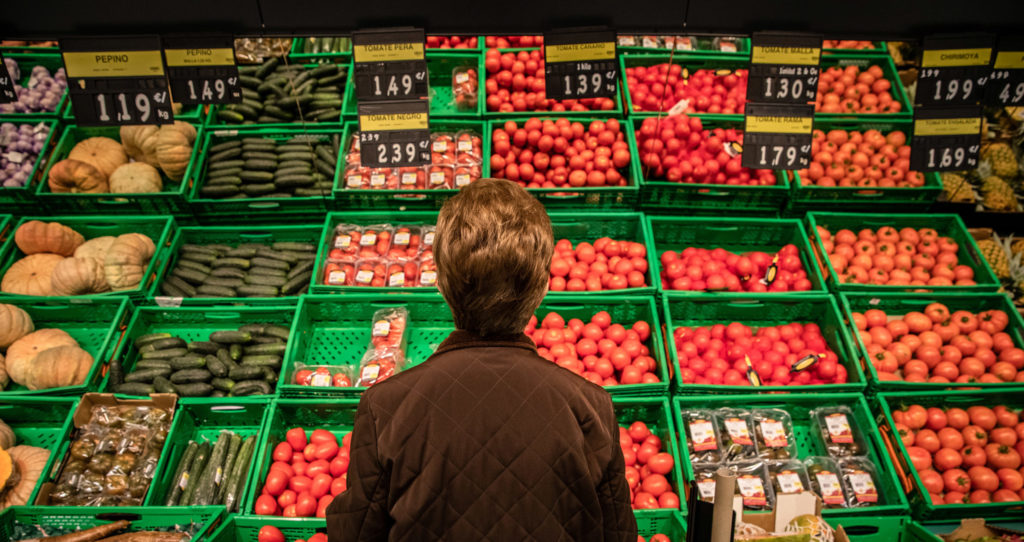I mentioned yesterday that some people don't like Philip Pilkington. Here is one of the ways he riles them up.
From Unherd's The Post, November 23:
Why are the experts in denial about the obvious?
Financial journalists are in shock. They seem in awe of the return of inflation in 2021. The Financial Times runs a headline about “the unexpected surge in inflation” while The Economist informs us that the rise in inflation has “blindsided many economists”. Should readers be surprised by their surprise? Yes, they should.
Early on, economics students learn about the basic structure of the macroeconomy. On one side, students are told, is the supply capacity of the economy: the ‘supply side’. On the other, is the level of demand in the economy: the ‘demand side’.
You can think of the supply side as everything involved in the production and distribution of goods and services — from the factory to the transport grid to the supermarket. Conversely, you can think of the demand side as the amount of total spending in the economy at any given moment in time — that includes consumption spending by workers, government spending on goods and services and the purchase of new machines and buildings to create new factories and shops.
Inflation can occur in two ways. Firstly, demand can rise too high relative to supply. So, the government could ramp up spending massively — say, to fund a war — and the new spending could outstrip the capacity of the economy to deliver the goods. Prices would duly rise. Alternatively, supply could collapse. A drought in a poor country could wipe out half of the arable land for the year and there would be a food shortage. Again, prices would duly rise.
Consider what the lockdowns and vaccine mandates have done to the economy. On the one hand, they have interfered with the supply side. During social distancing, for example, pubs and restaurants could only operate at partial capacity; thus, they had to raise their prices to ensure continuous revenue. Vaccine mandates — even when only imposed at the company level — restrict the amount of people who can work in certain industries. This drives up wages and with them prices. One need not get into the chaos the public health measures have had on international shipping — restrictions have become so onerous that vessels find themselves keeping dead crewmates in freezers because they cannot bring the bodies through ports....
....MORE
